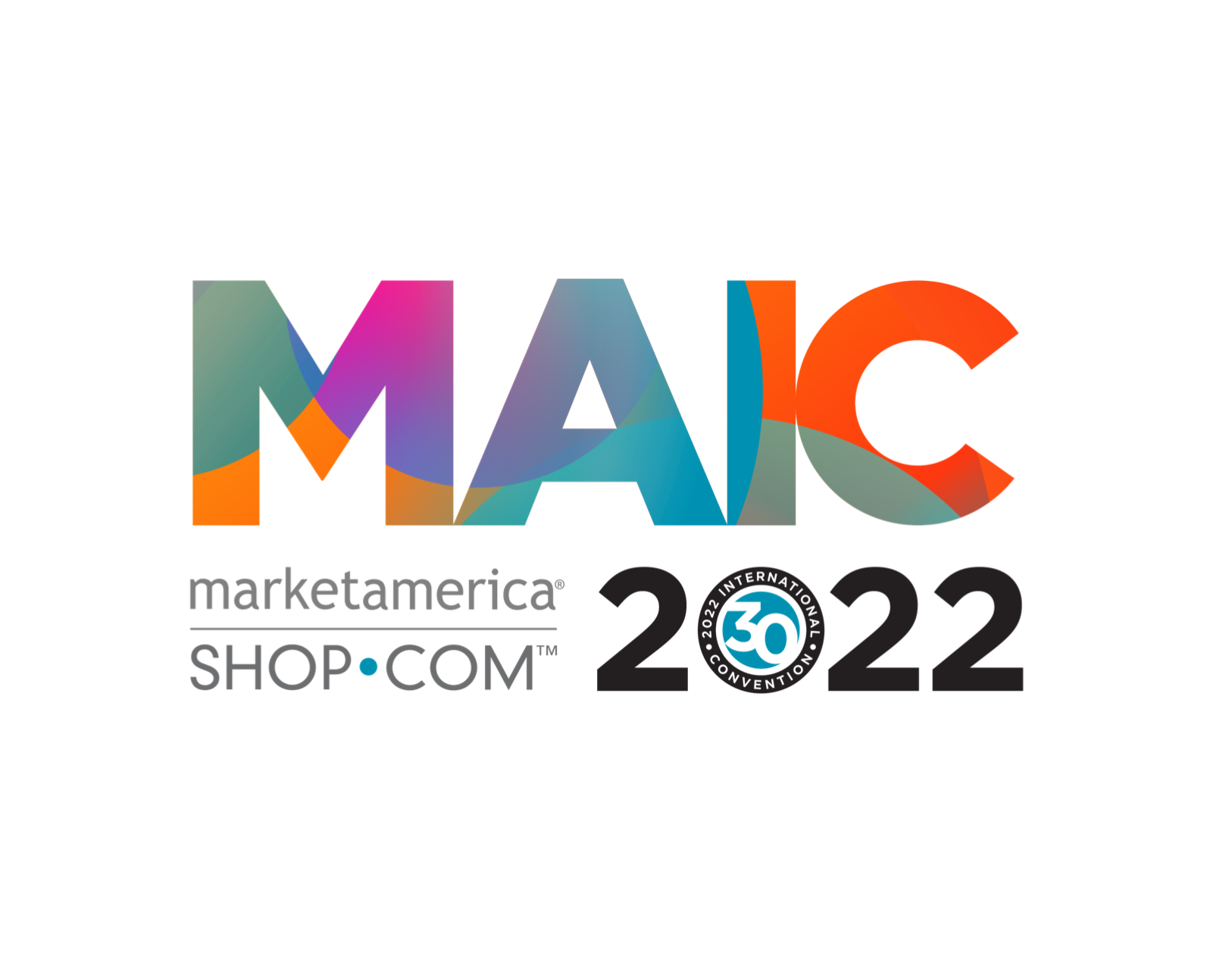Consumer behavior has changed drastically due to the stay-at-home orders during the pandemic. Consequently, many businesses shift their focus to online channels, increasing the demand for digital marketing skills by more than 26%. They include content marketing, social media advertising, and optimization. This trend is an excellent opportunity to build a digital marketing agency and offer these high-demand services.
Read on to discover practical tips to start a digital marketing agency from scratch. By the end of this article, you’ll understand how to build a business concept, design marketing strategies, and grow your agency.
1. Grow Essential Skills
Building digital marketing skills is a must, especially when creating the agency yourself. You have to know how to run online marketing campaigns and use various channels.
Enroll in digital marketing courses to start developing your skills. Consider choosing courses with certificates for social proof. Examples are Fundamentals of Digital Marketing from Google Digital Garage and the Digital Marketing Course from HubSpot Academy.
As an agency owner, you also need to have solid business management skills, including:
- Project management and planning
- Communication, negotiation, and networking
- Financial management
- Customer service, marketing, and sales
- Leadership
Additionally, it’s essential that you study and understand the digital marketing industry.
2. Develop a Business Concept
After upgrading your digital marketing skills, create a business concept. It gives you a clear direction when writing a business plan and running your agency.
Here are three essential steps to build a strong business concept.
1. Set a Goal
There’s no one-size-fits-all goal for digital marketing agencies. Some prefer to become the best in their local area and assist SMBs, while others want to work with large-scale businesses.
An agency can also focus on certain parts of digital marketing only, like search engine optimization (SEO) or content marketing.
2. Perform Market and Competitor Research
Research the market to find the needs, wants, and other relevant information about your potential clients. It helps define your target audience and establish how your services would help them achieve their goals.
Next, gather information about your competitors, such as their pricing, services, and branding. This research can help you identify a gap in the market, create your unique selling point (USP), and carry out a SWOT analysis.
3. Build your Brand
By this point, you should have the general concept of your digital marketing business. Now, let’s think about the branding elements, including the business name and logo.
Business name and logo generators are helpful if you need help brainstorming. You only need to type keywords that reflect your business, and the tools will come up with name and logo ideas.
3. Build a Website
People go online to find products and companies – 93% of people start their online experience with search engines. That’s why creating a website is essential to build a strong online presence and let people find your agency.
First, buy a domain name. Ideally, it should be similar to your agency name for consistency. Then, pick a website platform.
You have two options: a hosted platform like a website builder that is easy to set up or a self-hosted platform like WordPress that offers more control.
After setting up the website platform, it’s time to create essential pages for a digital marketing agency website:
- Services. Explain the benefits that potential clients get if they work with you. You can also include your typical workflow, approach, and testimonials.
- About and Contact. Tell people about your brand and provide your agency’s contact information.
- Portfolio. Show your experience in the digital marketing industry. The AMP Agency is an excellent example of this. On its website, it features studies, including its role, goal, and results on the clients’ projects.
- Blog. Start a blog to increase visibility and answer people’s questions about digital marketing to establish your brand as a leader in the industry.
4. Pick the Right Revenue Model
A revenue model refers to how a business generates revenue. Here are the most popular ways to bill your agency’s clients:
- Hourly. A digital marketing consultant with one-on-one sessions often bills clients hourly. Yet, this revenue model becomes complicated when you handle a big project with many tasks, like planning, executing, and analyzing.
- Flat fee. Clients pay a fee according to the project’s scope, including expertise of the digital marketing consultant, and tasks performed.
- Percentage of spend. You charge a markup on your expenses. Let’s say you spent $1,000 on PPC advertising and charge 10% of the cost. Thus, your client will pay $1,100.
- Commission-based. You receive a payment from the sales and conversions the client generates from the project.
Our suggestion is to begin with a flat fee model. Once your agency grows, apply a percentage of spend or commission-based approach depending on each client’s situation.
5. Plan Marketing Strategies
Two marketing strategies you should use to promote your agency are inbound and outbound marketing.
Inbound marketing attracts clients by sharing valuable content. It’s more budget-friendly and can generate three times more leads than outbound marketing.
Creating SEO-friendly content on your blog is a great start for inbound marketing. Then, combine it with other tactics, including webinars and social media marketing, to reach a larger audience.
Still, inbound marketing strategies may take a while to generate results. Thus, also develop outbound marketing, contacting clients first to introduce your services.
Some of the main outbound marketing strategies are:
- Forming partnerships with complementary businesses, like a hosting company or design agency.
- Sending cold emails or proposals to potential clients.
- Becoming a digital marketing manager for friends or family that have a business.
6. Pay Attention to Your Finances
The estimated cost breakdown for starting a one-person digital marketing agency is:
- Office space. Start your agency from home or rent a coworking space, starting at $650/month, to cut costs.
- Office equipment. Include a laptop, camera, printer, and more. It can range from $2,000 to $5,000, depending on the product specifications.
- Website. The cost varies depending on the platform, theme, and add-ons you pick. If you choose a basic plan with few paid add-ons, the price ranges from $300 to $3,000.
- Trademarking. Protect your brand identity. In the US, you have two filing options with a $250 or $350 fee.
- Software expenses. Several tools are free or offer freemium plans. Yet, others like CRM and SEO tools may need investment, starting at $188/month.
Based on the breakdown above, the total starting costs range from $2,550 to $9,188. Note that the price hasn’t included branding and marketing strategies, like business card printing and paid ads.
After calculating the expenses, start exploring funding options. You can bootstrap your agency or ask for external parties’ help, like banks or investors. If you pick the latter option, make a detailed business plan to convince them.
7. Register Your Business
Business registration offers many benefits, like business aid and tax deductions. You can still run a business without registering it, but you would have less legal protection.
The registration process depends on the business structure and location. Businesses in the US generally need to follow these steps:
- Register a business name. If you operate the agency under a different name, you have to file a Doing Business As (DBA) form.
- Register with the Internal Revenue Service (IRS). Receive the Employer Identification Number (EIN) – like a social security number for a business. It helps file taxes and open a business bank account.
- Register with local governments. It helps you get business development assistance, such as education and financing programs.
8. Define Growth Plans
Start thinking about building a team as your business grows. Yet, hiring employees to replace your role can be tricky.
At the start, consider hiring freelance digital marketers instead of full-time employees to keep your costs low and provide more flexibility. Alternatively, hire people for easy-to-execute or repetitive tasks, like managing emails and scheduling appointments.
Then, decide how you operate the business. You can have a virtual company with remote teams or build a traditional business with a physical space and non-remote employees.
You may also want to invest in better tools to automate jobs and produce higher quality results.
Conclusion
Owning a digital marketing agency can be a very profitable business, thanks to the increasing demand for digital marketing skills. However, finally having a successful digital marketing career it’s not an overnight process.
Here are eight steps to help start your digital marketing agency:
- Build digital marketing and business management skills.
- Plan a business concept.
- Create a website and start a digital marketing blog.
- Choose a revenue model.
- Develop inbound and outbound marketing strategies.
- Calculate the initial investment and find the right funding option.
- Register your agency.
- Make growth plans, like building a team and purchasing automating tools.
Consider using these steps and tips as a framework. Feel free to tweak or change the strategies to match your conditions. Good luck!






